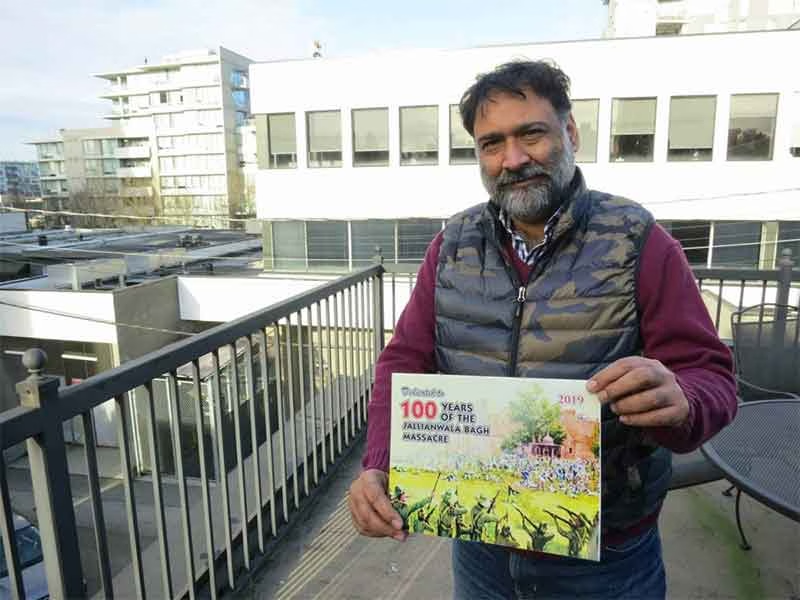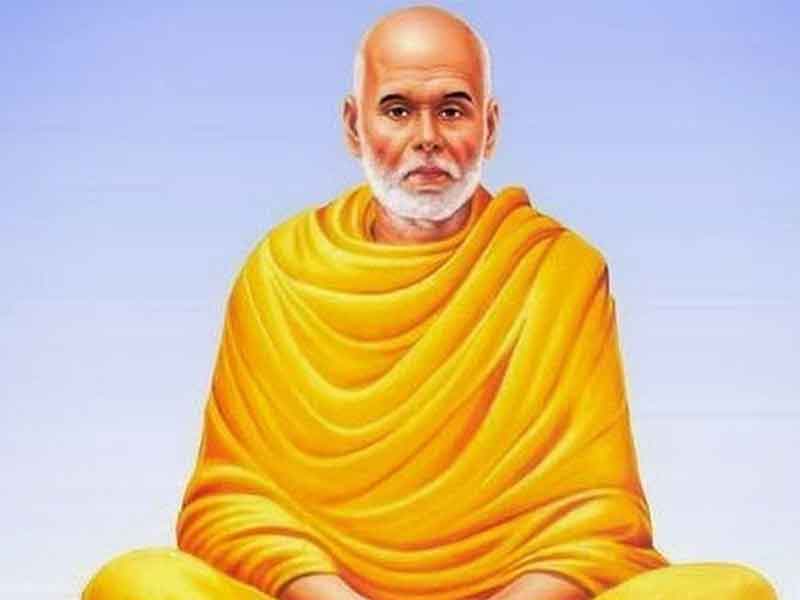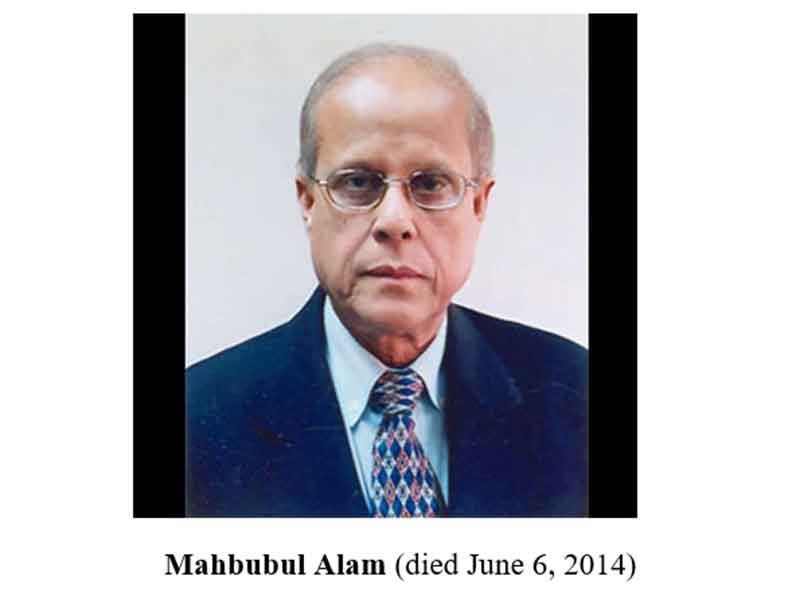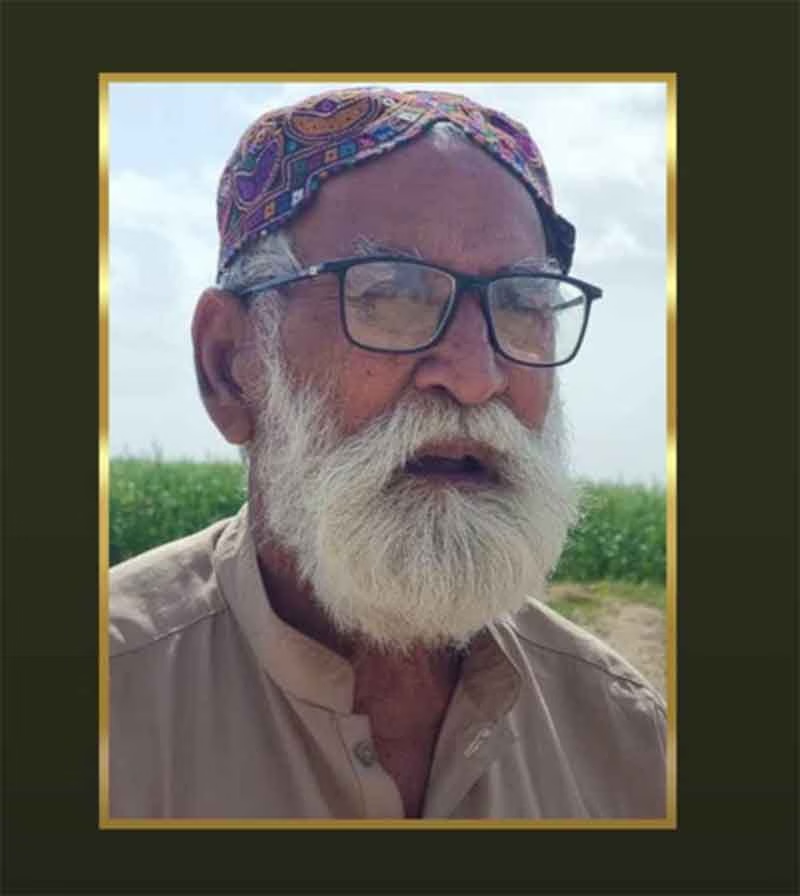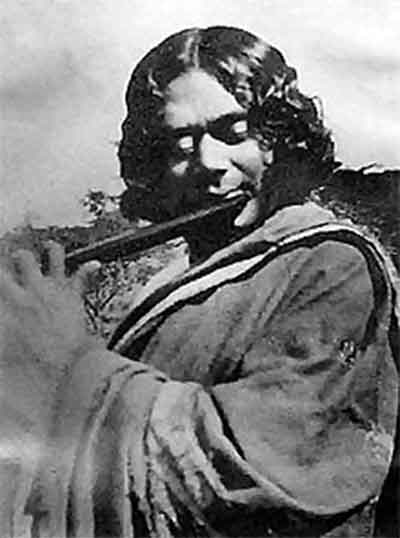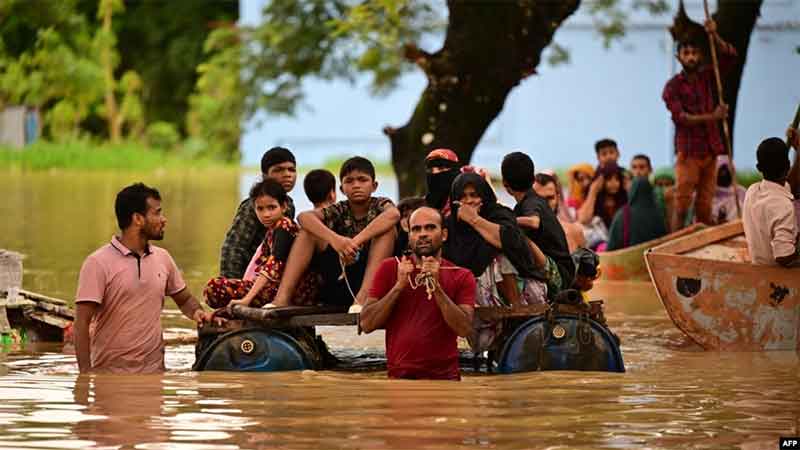
Who is Md Abdus Salam? Is he a celebrity? Yes, I would like to call him a luminary person, a guiding light. He lives in Manikganj district in central Bangladesh. The reason for my high praises for an individual whom I have never met in person is because I am among one of his 1.59M subscribers of his YouTube channel Doyel Agro. Each of his videos on average gets 15K likes. Through his channel, he promotes idyllic rural life and sustainable Organic Farming. His daily videos are so popular that he gets more than a thousand comments from his viewers. His videos are short, incisive, honest, and educational. I had left comments a couple of times when he and his family had faced a dilemma with certain situations. For example, when his baby daughter Ayat got infected with Rotavirus during the pandemic, they were at a loss about what to do and how to deal with this illness. Though it happens to infants and young children, it is not a common disease. I had sent a few article links about maintaining proper hygiene when feeding the child. He acknowledged and appreciated it. Another time he was very confused about what to name his puppy dog that he had brought from someone. This was to be a guard dog for his animals in the farm, especially the rabbits he was breeding.
Aside from who Abdus Salam is, his most attractive quality is his sense of altruism. In the videos it is evident that he is always helping others in their time of need. We the viewers see that with his humanity he is making his community stronger and inspiring others to do the same.
Outwardly, Abdus Salam appears to be an ordinary guy. But his indomitable spirit shines through when it comes to reaching out for the disadvantaged and the needy. He can be called one of those rare gems that we now only read about in books. As a software engineer by profession, he has transformed himself as an organic farmer and YouTuber since the start of the pandemic. He does his engineering work remotely.
We see Salam in action once again as misery has hit Bangladesh in the last few days. This time, 11 districts in southeastern Bangladesh are reeling under water. There are five major rivers that were flowing above danger levels along the districts of Feni, Moulavibazar, Habigangh, Comilla, and Chittagong. People in these 5 districts are mostly affected. On the Indian side, the people of Tripura are also affected. According to the BD Ministry of Disaster Management and Relief, “more than 4.4 million people have been affected.” As of August 23, thirty people have lost their lives. Bangladesh media reports that the flood is happening because floodgates were opened in India’s district of Tripura. Bangladesh authorities claim that India did not notify them beforehand.
In his last few videos, Salam seems to have sprung into action again. Seeing him in action made me realize what humanity looks like in its purest form. I am not surprised as his selfless acts in the last three years have warmed my heart. In times of crisis, we see everywhere how such hidden gems instantly connect with the ones who are suffering because of a sudden calamity.
When disaster strikes anywhere in Bangladesh, Salam with his group of volunteers loads his blue and yellow pickup truck with supplies, and rushes there to help those in need. During an emergency situation, Salam does not wait for the donations to pour in. He uses his own money to help. During the course of the year, whoever comes to him with a genuine problem does not go back empty handed. When people come to him from far away villages, and if he is not convinced that they are telling the truth, he offers them produce grown in his farm instead. Each winter, he and his wife Shampa distribute warm clothing to the area farmers, day laborers and those who cannot afford it irrespective of religion or caste. Such big offerings of course are done with donated money from people across the globe. During Ramadan, his family arranges for Iftar every Friday for about a hundred area people. Two years back, he had fundraised to collect money for a 16-year-old cancer patient Oishee in his village. He also has taken in another teenager named Tara from the same village into his family to ensure she gets an education. Village girl Tara goes to school wearing her freshly laundered school uniform riding a bicycle that the Salams had bought her. He had built a house for Khushi chachi (aunty) of the same village replete with modern amenities like a fridge, gas stove, and a wooden bed with beddings. He made sure she had access to a latrine and an outdoor kitchen. He connected her house to an electric line. He also had paid for the cremation of elderly Milani kaki (aunty), a Hindu fish seller in her eighties. He and his wife used to pay her three times more than the fish would sell for in a market. The list of his social work goes on and on.
Why do people really help others in times of crisis? Is it only because of empathy, and to mobilize support for those who are affected? Particularly during a catastrophe, a sense of community can develop in a person. It happens when a charitable person sees that one cannot wait for adequate supplies to reach its destination because of mobilization issues. It takes time for relief and aid from the government to reach the affected remote areas. It is especially hard on those people who are not getting the necessary supplies they need just to survive. Aid volunteers like Abdus Salam make a world of difference when they initiate and organize relief materials with their own money. They go above and beyond the call of duty. It often becomes an emergency situation to go and rescue those people.
During the ongoing flood situation, Abdus Salam spontaneously decided to go and help in another part of the country. But what is remarkable about him is his indomitable spirit, and the generosity of his heart to help and understand the gravity of an emergency situation. It is a call of duty for him to go to a vulnerable area with aid and supply by spending his own money, without thinking about his own safety. This makes him an extraordinary human being.
The urge to go may also have arisen in him from an enormous sense of identifying with his compatriots who are suffering. His altruism can be viewed as if he is doing God’s work in helping the flood victims. Instead of waiting for the donation money to come, he jumped right in. From what I have seen in the last three years, the generosity of his spirit in assessing a crisis situation and deciding to help others knows no bounds.
At day break, Salam started his day with blessings from his elderly parents and going to find volunteers in his village which made my eyes misty. In the video, I saw Salam’s mother waving him goodbye standing under a very grey sky. Rainfall is imminent as Salam goes through his grape orchard toward the village to find people.
By gathering a handful of strong young men, he bought food and other necessary items for the flood victims. They load up his truck with dry food, water bottles, candles, rice bags, lentils, spices, big pots and pans, a portable stove, propane gas, extra fuel to rent a speedboat, and another pick-up truck to carry the speedboat. The rent of the speed boat cost him taka 18,000 plus. The group was up all night, supervised by Mogu bhai and Shahidul preparing the packages for distribution. At dawn, Salam and his volunteers started their mission toward the flood districts, driving 12 hours to reach Comilla.
In 2022, during the Sylhet district flood situation he did the same.
Subscribe to Our Newsletter
Get the latest CounterCurrents updates delivered straight to your inbox.
Unless one empathizes with the situations of those who are suffering or affected, one cannot take such bold actions. In the face of a natural calamity, we realize the unpredictability and impulsive nature of weather patterns. If we can help and support others in times of dire need, it can be an empowering feeling. That feeling is all it takes to give one a push to go out there and support those who are affected by a sudden disaster. We can also make a human connection with the sufferers and realize at any given moment we also could be facing such an onslaught of nature.
At the start of drafting this article, Salam and his volunteers were already in Burichang, Comilla. After finishing his first round of aid distribution there, he may be heading back to Manikganj. Emotionally and psychologically, he must be feeling better than a week before. This type of unselfishness can have a profound impact on the collective consciousness of people. I salute Md. Abdus Salam for his sense of duty and humanity.
Zeenat Khan, a Maryland based Bangladeshi writer of fiction, non-fiction and newspaper columns practices holistic approach in everyday living.

